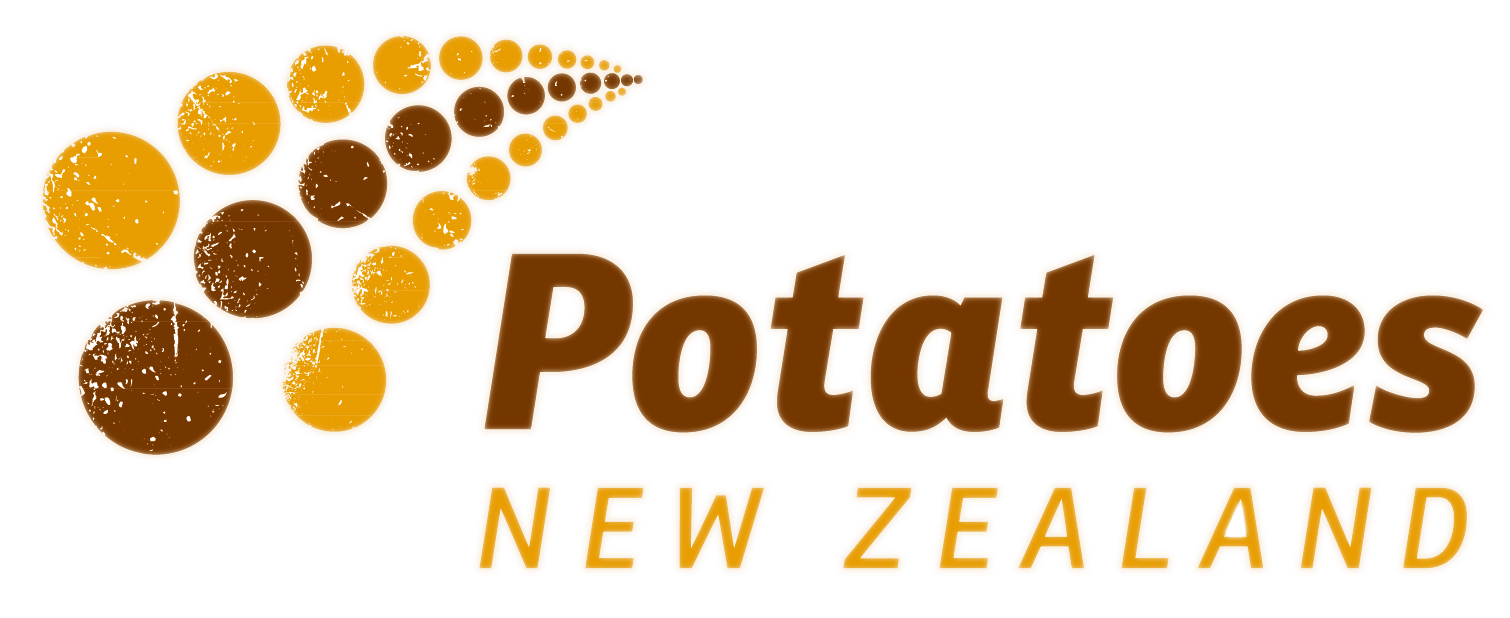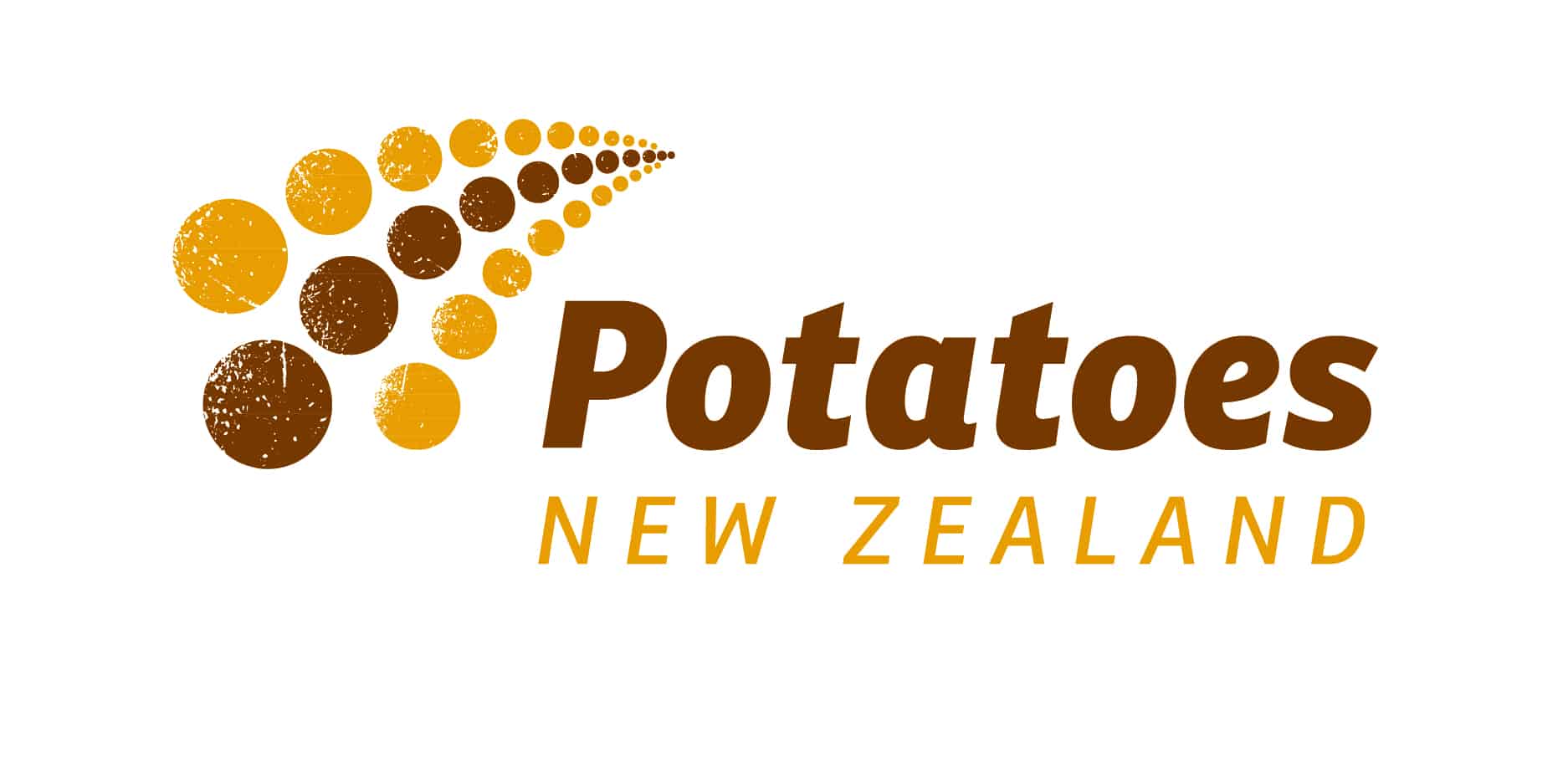Regulatory
- Export ban on eggplants to NZ affecting Fiji farmers (sec 2.10)
Around 150 farmers and seven exporters have been affected by a ban on eggplant exports to New Zealand. The fruit has been slapped with a temporary suspension after the NZ Ministry for Primary Industries intercepted eggs, live larvae and adult insects on a consignment of heat-treated fruit from Fiji last month. MPI and the Biosecurity Authority of Fiji (BAF) are working closely to resolve this situation. Full article available here
- Oman now requires certificate for food imports (sec 3.3)
Vegetables and fruit importers will have to submit a certificate indicating the maximum allowed percentage of pesticide content in all the consignments that enter Oman starting from May 21, according to the Ministry of Agriculture and Fisheries. This follows the United Arab Emirates ban on specific Omani vegetables and fruits after discovering some of the products exceeded the maximum residue limits (MRL) of pesticides.
Other
- Export insights from Japan (sec 1.5)
New Zealand Trade Commissioner to Japan, Craig Pettigrew, shares tips for doing business in Japan, following last week’s trade mission led by Prime Minister Bill English and business leaders. Full article available here and NZTE’s doing business in Japan here
- Trans-Pacific Partnership (TPP) Agreement Ministerial Statement (sec 2.2)
Ha Noi, Viet Nam – Ministers and Vice Ministers from Australia, Brunei Darussalam, Canada, Chile, Japan, Mexico, New Zealand, Malaysia, Peru, Singapore and Viet Nam met last week to discuss the Trans-Pacific Partnership (TPP) in the margins of the Asia-Pacific Economic Cooperation (APEC) Ministers Responsible for Trade. The Ministers agreed to assess options to bring the Agreement into force and asked for this work to be completed before they meet in the margins of the APEC Economic Leaders Meeting on 10-11 November 2017 in Da Nang, Vietnam. The Ministers also underlined their vision for the TPP to expand to include other economies that can accept the high standards of the TPP. Full article available here
5.6.17
Regulatory
- WTO notifications (sec 1.4)
Changes notified over the last week include:
- Brazil – MRL levels
- Philippines – import of plants products and plant material
- Saudi Arabia – imported food
- Turkey – active and intelligent materials in contact with food products
- GAIN reports (sec 3.1)
- Japan Overview of the Food Labelling Standard. The Consumer Affairs Agency (CAA) notified a draft proposal to the World Trade Organization (WTO), consolidating 58 different standards across three different laws into a single standard, on August 29, 2014. Among numerous smaller changes, the CAA made nine substantial changes. More
- Russian Federation Food Safety. The Russian Annual National Report on the Quarantine and Phytosanitary Status of the Russian Federation in 2016 was adopted and made available for the public in mid May, 2017. The unofficial translation of this report is provided by FAS/Moscow. More
Other
Ever since the rules of the Food Safety Modernization Act (FSMA) began being published, the industry has questioned its linkage with the Global Food Safety Initiative (GFSI) certification. As such, a major question has been: “If I am certified to a GFSI scheme, does that mean I will also be compliant with the rules of FSMA?” The short answer has long been: “You are likely close, but not necessarily completely compliant.” But now, certification to the newly released GFSI Benchmarking Requirements V7 should move food facilities even closer. Full article available here
- Walmart tests food safety with blockchain traceability (sec 3.18)
Walmart revealed the results a test that began in October 2016 of blockchain technology in China and the US to develop food safety and traceability protocols. IBM and Walmart worked together to perform the test on Chinese pork, as reported by ETHNews, and US mangoes, which proved that tracing food origins, a process which once took weeks, could now be handled in 2.2 seconds. Products were digitally tracked with blockchain technology by way of scans as they travelled from farms to Walmart shelves, recording various pertinent product details on an immutable ledger.



